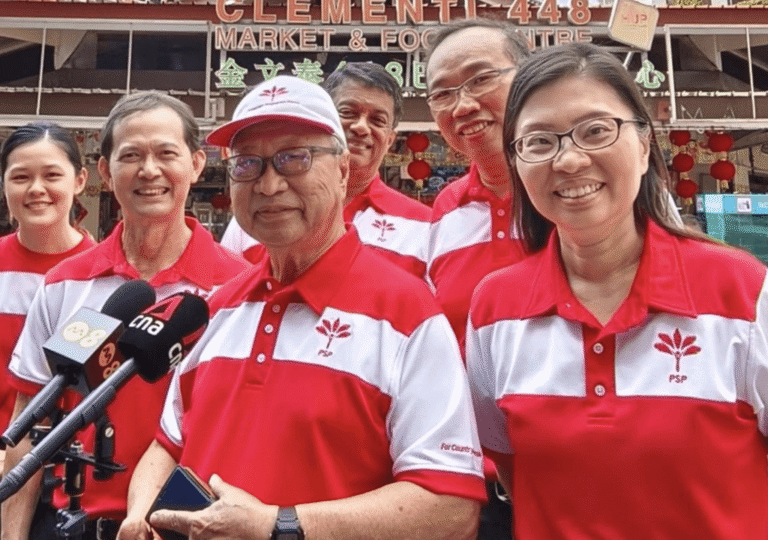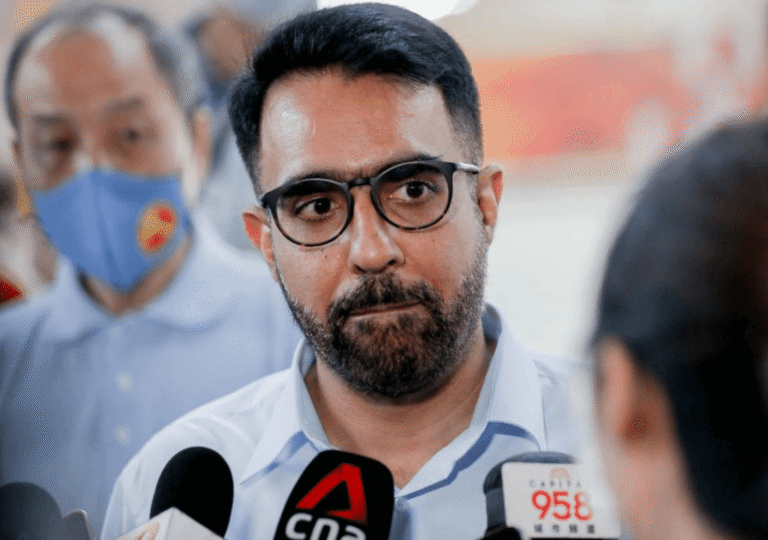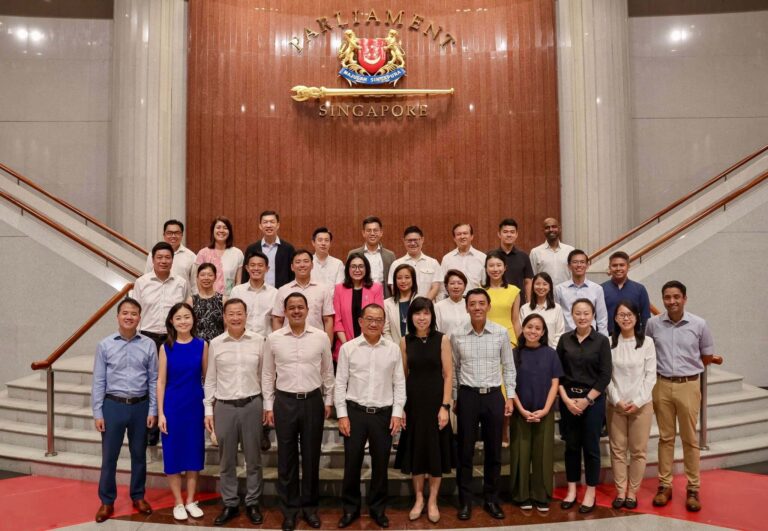Singapore’s 15th Parliament was officially inaugurated on September 5, four months after the nation’s general election, with President Tharman Shanmugaratnam presiding over the opening ceremony. The new legislature, comprising a record 97 elected members, is notable for several milestones. The Workers’ Party holds 12 seats, marking the largest representation for a single opposition party in Singapore’s post-independence history. Female representation also reached a historic high, with 31 women elected, signaling a significant advance for gender inclusion in the government.
Earlier, the Prime Minister’s Office confirmed the renomination of incumbent Speaker Seah Kian Peng for another term, ensuring continuity in the parliamentary leadership.
Navigating an Uncertain Global Environment
As Singapore inaugurates its 15th Parliament on the nation’s 60th anniversary, the country faces a host of pressing challenges at home and abroad. In his opening address, President Tharman Shanmugaratnam delivered a frank assessment of the uncertainties ahead.
“The world around us is changing in profound ways. Once again, we must navigate turbulent waters,” he said, highlighting the fragile state of global trade and the shifting dynamics of international relations. Policies from the United States, retaliatory measures from China, disruptions in traditional supply chains, and ongoing conflicts worldwide have created an unprecedented landscape for the city-state.
Singapore must also prepare for nontraditional threats. Cybersecurity risks, hybrid warfare, and foreign influence campaigns could shape public opinion through social media, disinformation, or cyberattacks.
President Tharman stressed that the government will need to guide Singapore through these global and domestic pressures while shaping a long-term vision for the nation’s future.
A Government Focused on Future Readiness
The President’s Address, prepared by the government, traditionally outlines the administration’s priorities for the coming five years. In this term, global developments are expected to play an even greater role in shaping domestic policy, making clear communication and public engagement more crucial than ever.
Members of Parliament are now under heightened expectation to scrutinize policies, offer new ideas, and participate in substantive debate.
President Tharman noted that the strategies which guided Singapore’s past growth may no longer be sufficient. In response, the government is initiating a refresh of national economic policies aimed at fostering rapid adaptation, encouraging innovation, and maintaining Singapore’s position as a global hub for trade, capital, and talent. These proposals are set to face detailed discussion when Parliament reconvenes later this month.
At the same time, the administration must address pressing social considerations including ensuring mobility and opportunity for all Singaporeans, preventing widening inequality, and safeguarding vulnerable communities.
“Ultimately, our nation’s success will never be measured by economic growth alone. It must be judged by how we support the vulnerable, and how we enable every Singaporean, young and old, to contribute and to live with dignity,” President Tharman said.
Emphasizing “We First”
The President’s remarks reinforced a theme introduced by Prime Minister Lawrence Wong at his National Day Rally: the importance of putting “We” before “Me.” Mr. Wong highlighted the need for Singaporeans to strengthen connections with one another rather than focus solely on personal interests, framing it as essential to the nation’s survival and future progress.
President Tharman expanded on this idea, urging that the “We First” approach should extend beyond government programs to the daily actions of every individual in society.
“Singapore can only stand tall if we act as one people. All of us must, through our everyday deeds and actions, put the collective before self: put “We” before “Me”, he said.
A central challenge for this term of Parliament will be translating this vision into real changes in mindset and behavior across the country, ensuring that the idea of collective responsibility is reflected in everyday life.
Looking Ahead
President Tharman’s address, lasting about 30 minutes, sketched broad themes and a long term vision for Singapore in the years beyond SG60. While the speech stopped short of laying out detailed policies, ministers and Members of Parliament are expected to present concrete proposals when debates resume later this month.
The central message was unmistakable. Singapore’s leaders want a government that looks past the immediate horizon, capable of navigating intertwined challenges while ensuring that every citizen is included. In a world unsettled by shifting geopolitics and regional tensions, inclusive progress is no longer an aspiration but an imperative.
Singapore’s politics, often viewed in the West as lacking opposition, is showing signs of change. The Workers’ Party now holds a stronger voice, and the last Parliament hinted at a more participatory role for the opposition. The task for this new Parliament will be to deepen that engagement, encourage real debate, and strengthen oversight. The coming years will test how well the government and opposition can work in tandem to respond to global uncertainty while addressing pressing domestic needs.







